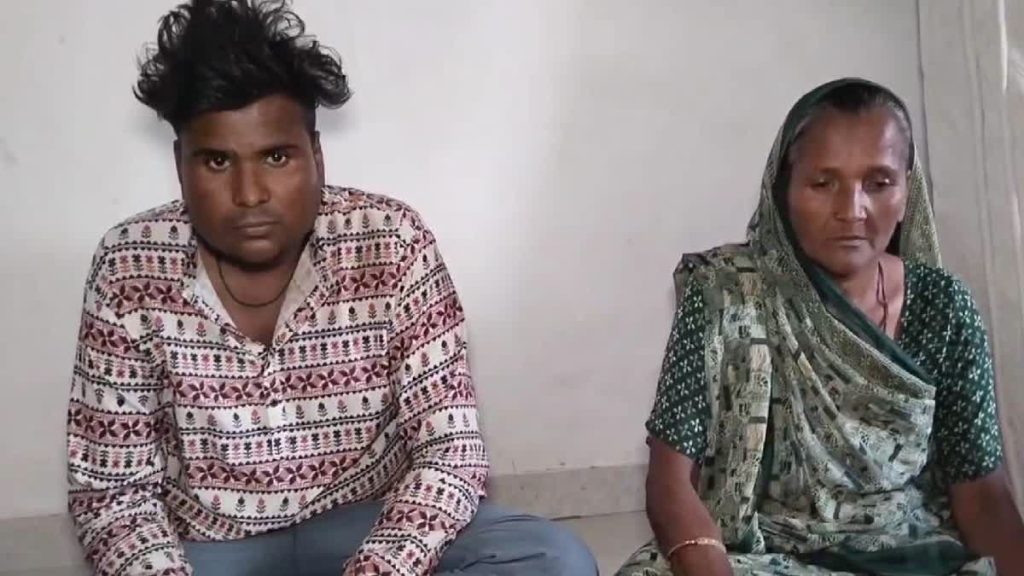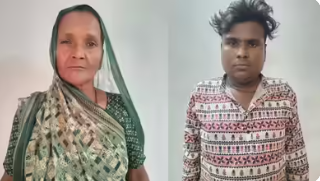
A 22-year-old Indian woman, Parul Sarviya, was allegedly murdered by her 65-year-old mother, Daya, and her brother, Prakash, after she refused to accept an arranged marriage. The shocking incident took place in Bikda village, under Ghogha taluka in Bhavnagar district, Gujarat.
According to police reports, Parul’s family wanted her to marry a man who had agreed to a bride-swap arrangement — a traditional practice still found in some rural parts of Gujarat with skewed sex ratios. Under this custom, a man can marry only if his sister is simultaneously married into the bride’s family. However, Parul firmly rejected the arrangement, expressing her desire to marry the man she loved instead.
Trouble began about a year ago when Prakash allegedly caught Parul chatting with her lover on Instagram. Since then, both Prakash and Daya had repeatedly scolded her, demanding she end the relationship. Parul reportedly told them she would elope if they continued to oppose her choice.
On October 18, a heated argument erupted at their home, where the family worked as agricultural labourers. In a fit of rage, Prakash, a truck driver, allegedly stabbed Parul multiple times while Daya held her down. After killing her, they hid the body near a well and later that night dumped it in an empty check dam.

To conceal the crime, Daya reportedly wore Parul’s clothes to avoid blood stains and later washed the blood-soaked garments to destroy evidence. Parul’s father, Himant Sarviya, who was unaware of the incident, told police that Prakash informed him Parul had gone near the check dam to relieve herself and never returned.
The next day, October 19, a passerby discovered a decomposed body near the check dam. Police later identified it as Parul. The post-mortem report confirmed that she died from multiple stab wounds.
After collecting forensic and circumstantial evidence, including the murder weapon, authorities arrested Daya and Prakash on October 22.
A formal complaint was registered at the Vartej Police Station under BNS sections 103(1), 238(a), and 54, relating to murder and evidence destruction.
The case has drawn widespread outrage, highlighting the ongoing tension between traditional practices and modern choices faced by young women in parts of rural India
Tags
News
